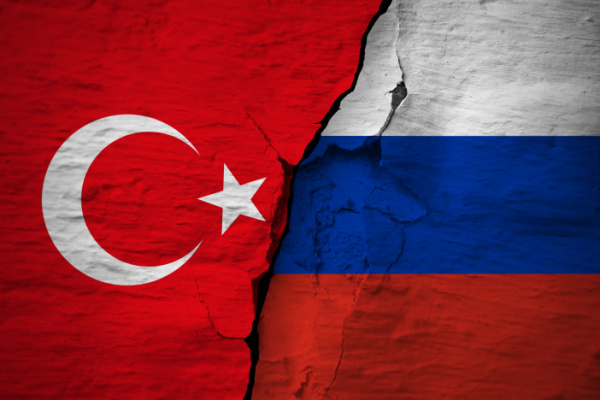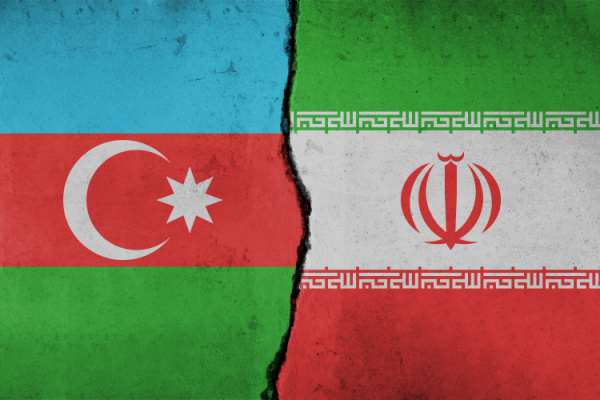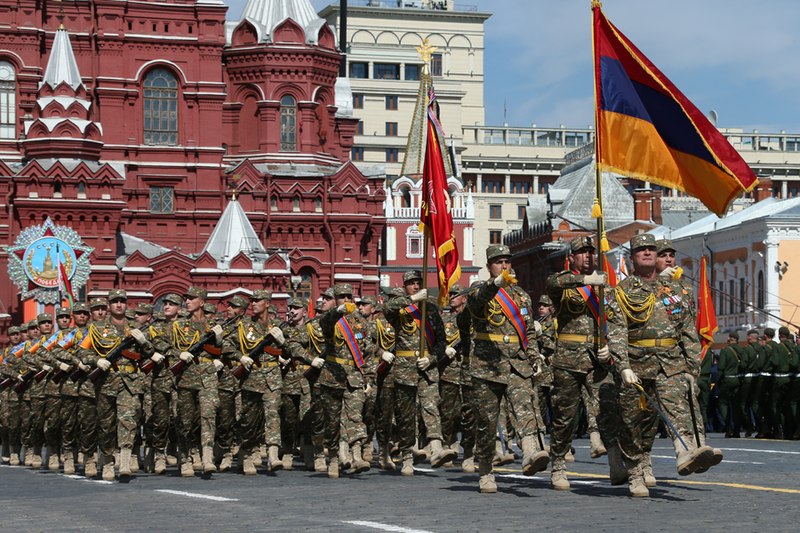Is This Turkey’s Hour in Central Asia?
By Stephen Blank
February 9, 2024
Virtually every assessment of trends in Central Asia since Putin’s full-scale invasion of Ukraine in 2022 and many preceding analyses have postulated a decline in most if not all dimensions of Russian influence and capacity. To be sure, Russia’s imperial aspirations and ability to indulge in them remain central to Russian policy. Nevertheless, that capacity and ability to give this area the attention it merits has visibly declined, not least regarding defense policy. That decline has opened and continues to create opportunities for other interested parties to raise their regional profile, including China, Turkey, India, the EU, and the U.S.

Is the Aras Corridor an Alternative to Zangezur?
By Vali Kaleji
February 5, 2024
Iran and Azerbaijan recently agreed to establish a transit route called the “Aras Corridor.” It is intended to pass through the Iranian province of East Azerbaijan and connect the village of Aghband in the southwestern corner of the Zangilan District to the city of Ordubad in southern Nakhchivan. Bypassing Armenia, the Aras Corridor could present an alternative to the Zangezur Corridor with the potential of reducing Iran’s concerns for its common border with Armenia. However, if Armenia and Azerbaijan sign a peace treaty and Armenia and Turkey establish diplomatic relations, the current advantages of the Aras Corridor will be reduced. These equations will change only if Nikol Pashinyan’s government falls and the nationalist and conservative movements opposing peace with Azerbaijan and normalization of relations with Turkey come to power in Armenia.

Russia and Turkey: Behind the Armenia-Azerbaijan Clashes?
By Avinoam Idan
August 31, 2020, the CACI Analyst
The violent gunfire that erupted between Armenia and Azerbaijan in July appears to have no connection with the ongoing conflict over the Nagorno-Karabakh region. This event took place far from Nagorno-Karabakh, in the Tovuz region. The strategic importance of the Tovuz region is its location on the energy export pipelines route from the Caspian Sea to Turkey and Western markets. It would seem that the players involved here are none other than Russia and Turkey, in active conflict vis-a-vis the war in Libya. The gunfire can be interpreted as a Russian message to Turkey, regarding its energy supply security from the Caspian Sea. If so, this is not the first time Russia has used Armenia to further its interests in the region.



